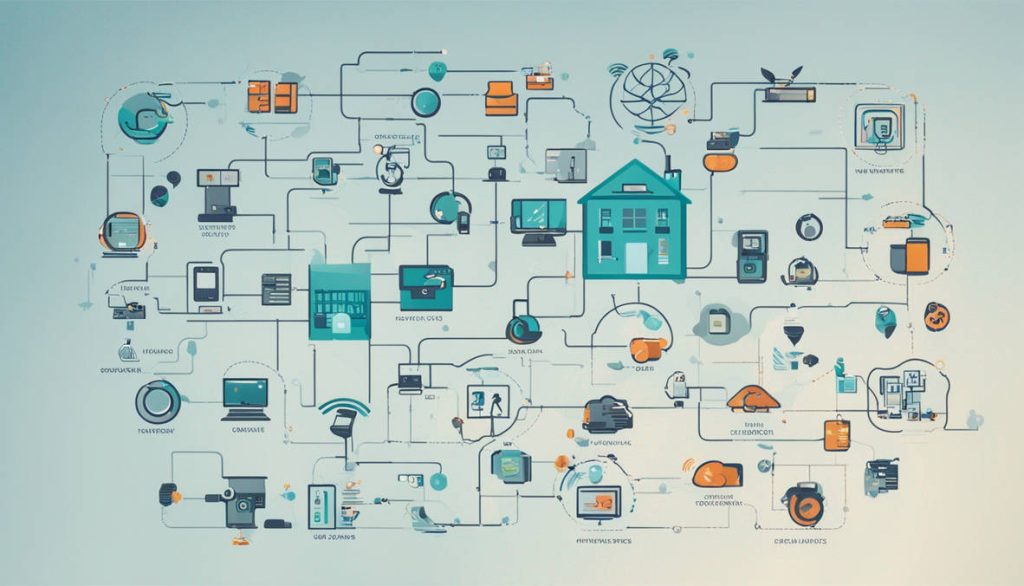The internet has become an inseparable part of our daily lives. Social media, blogs, and forums allow us to share our thoughts, experiences, and opinions with the world. However, before you hit that “Post” button, it’s crucial to understand the risks and consequences of sharing information online. In the age of cyber threats, misinformation, and privacy concerns, one careless post can have lasting repercussions.
The Internet Never Forgets: Your Digital Footprint Is Permanent
One of the most critical reasons to think twice before posting online is that the internet has an excellent memory. Every comment, image, or opinion you share can be saved, archived, and resurfaced years later.
The Illusion of Deletion
Many platforms offer the option to delete posts, but that doesn’t mean they’re gone forever. Screenshots, cached web pages, and data archives can preserve your content even after you delete it. Employers, universities, and even potential partners can find traces of your past posts.
Consequences of Past Posts
A single post made in frustration or ignorance can come back to haunt you. Many public figures have faced backlash for posts they made years ago. Even everyday individuals have lost job opportunities or damaged relationships because of past online behavior.
Privacy Risks: You May Be Sharing More Than You Think
Social media platforms encourage users to share personal information, but oversharing can make you vulnerable to privacy breaches and identity theft.
Cybercriminals and Identity Theft
Hackers and scammers constantly look for information they can use against you. A simple post about your birthday, address, or travel plans can make you an easy target for cybercriminals. Personal details can be exploited for scams attacks.
Stalking and Unwanted Attention
Sharing location data or personal milestones might seem harmless, but it can attract unwanted attention. Online stalkers can piece together information from various sources to track your activities.
Misinformation and Misinterpretation: Your Words Can Be Twisted
The internet lacks the nuances of face-to-face conversations, making it easy for posts to be misunderstood or taken out of context.
Viral Misinformation
A sarcastic tweet or an opinionated post can go viral for all the wrong reasons. Once taken out of context, it can spread misinformation, leading to unintended consequences.
Social Media Backlash
Cancel culture has made it possible for people to face extreme consequences for controversial opinions. Even well-intended posts can be misinterpreted and lead to online harassment.
Professional Consequences: Employers and Recruiters Are Watching
Many employers and recruiters conduct online background checks before hiring candidates. A single inappropriate post can make you lose a golden opportunity.
Social Media Checks
HR professionals often review applicants’ social media profiles to assess their professionalism, values, and behavior. A history of inappropriate jokes, offensive comments, or calling or spam posts can raise red flags.
Job Loss and Reputation Damage
Even if you are currently employed, a reckless post can lead to disciplinary actions or even termination. Many professionals have lost their jobs due to controversial social media activity.
Legal Implications: Posting Can Have Legal Consequences
Not everything you post online is protected by free speech. Some posts can land you in legal trouble.
Defamation and Libel
Spreading false information about individuals or businesses can result in lawsuits. Even sharing unverified rumors can be considered defamation.
Breach of Confidentiality
Posting sensitive company information or violating non-disclosure agreements can have severe legal consequences.
Copyright Violations
Using copyrighted images, videos, or content without permission can lead to copyright claims and penalties.
Mental Health Impact: The Emotional Toll of Online Exposure
Excessive online exposure and negative interactions can take a toll on your mental well-being.
Cyberbullying and Online Harassment
People who post controversial or highly personal content often become targets of cyberbullying. The stress of handling online hate can lead to anxiety, depression, and emotional distress.
Social Comparison and Pressure
Constantly posting updates and seeking validation can create an unhealthy cycle of comparison. People often feel pressured to present a “perfect” life, leading to unrealistic expectations and dissatisfaction.
Protecting Yourself: Best Practices Before Posting Online
Being mindful about what you post can help safeguard your privacy, reputation, and mental well-being.
Think Before You Post
Ask yourself:
- Would I be comfortable if this post resurfaced years later?
- Could this be misinterpreted or used against me?
- Am I sharing any personal or sensitive information?
Adjust Privacy Settings
Use privacy settings to control who can see your posts. Limit your audience to trusted friends and family whenever possible.
Avoid Posting in Anger or Emotionally Charged Moments
Take time to cool off before posting rants or emotional responses. A temporary emotion shouldn’t lead to a permanent online record.
Be Cautious with Personal Information
Avoid sharing full names, addresses, travel plans, and financial details. Cybercriminals thrive on overshared information.
Stay Away from Controversial and Sensitive Topics
If you must discuss sensitive topics, do so respectfully and be prepared for different perspectives.
Regularly Clean Up Your Digital Footprint
Periodically review and delete old posts that no longer align with your current views or professional image.
Final Thoughts: Is Posting Online Worth the Risk?
In the digital age, every post carries potential risks and long-term consequences. Being mindful of what you share can protect your privacy, professional opportunities, and mental well-being. While the internet provides a powerful platform for communication, it also demands responsibility. Think twice before posting—you never know how it might come back to you in the future.



